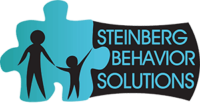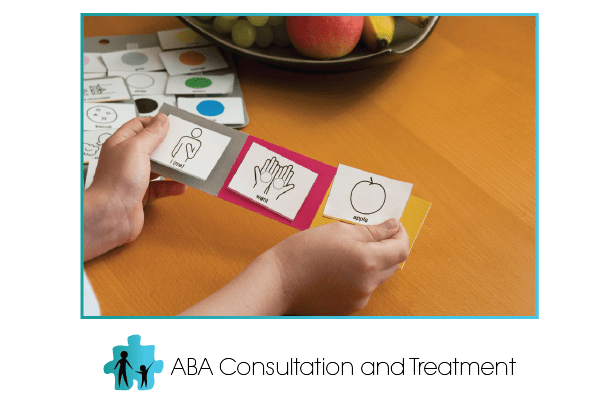This entry is the second installment focusing on employing acceptance and commitment therapy (ACT) during the current health crisis. ACT is a form of counseling and, as with applied behavior analysis (ABA), a branch of clinical behavior analysis. It is an empirically based psychological intervention that uses acceptance and mindfulness strategies mixed in different ways with commitment and behavior-change strategies to increase psychological flexibility. Psychological flexibility is the ability to stay in contact with the present moment regardless of unpleasant thoughts, feelings, and bodily sensations, while choosing one’s behaviors based on the situation and personal values. During the current crisis it is easy to fall into psychological inflexibility due to ruminations of worry, anxiety, and uncertainty, which can, in turn, lead to inaction and drifting from one’s values. The foundation of ACT is six core processes that help establish the overarching goal of ACT: psychological flexibility. The six processes are: contacting the present moment, defusion, acceptance, self-as-context, values, and committed action. Here we’ll break down each of the processes and apply them to our current situation.
Contacting the Present Moment
It can be easy during these days to get caught up in over-analyzing your body for symptoms, worrying about your children touching their face, or ruminating on that encounter you had with someone at the grocery store. Take a moment now to breathe. Become aware of your breath and body. What’s the weather pattern in your body like now? Just stop and take a few moments to notice your belly expanding as you breathe in and contract as you exhale.
Defusion
As mentioned above, it can be easy to have our minds really overwork themselves during this time. Thoughts such as, “what if someone in my house gets sick?”; “what’s going to happen with my work?”; “who’s to blame for this?” can easily get us stuck in a cycle of worry. Take time to step back and just observe your thoughts. Imagine your mind as a radio that transmits stations and news, sometimes pleasant and sometimes unpleasant. Ask yourself, what station is my mind broadcasting now? Assign a name, such as “Station Worry”, “Station Anxiety”, etc. Think of the thoughts on each station as advertisements. After coming up with a station name, ask yourself: what happens if I don’t buy what this station is promoting, even if it continues with advertisements repeatedly? What would it be like if I just noticed these thoughts and acted on values such as being kind and self-improvement? (more on this in a bit).
Acceptance
Experiencing feelings of worry and anxiety about the virus and work are inevitable during this period. Our natural instincts when these feelings arise are to try to get rid of them. ACT teaches us to choose to allow unpleasant experiences to exist without trying to deny or change them. In doing this, we can commit to actions that will lead to positive results. Be willing to open yourself to fear, then focus on what’s in your control right now.
Self-as-context
Self-as-Context is the idea that an individual is not simply their thoughts or emotions. Since the virus is invisible, it can easily lead to a strengthening of this blending of thoughts and emotions with yourself, such as: “I am scared”, or “I am worried”. The self-as-context process teaches us that we are not worry, but rather we are just experiencing thoughts and feelings of worry. As you withstand this crisis, will you be able to continue to be the real you? Will you be able to put worrisome thoughts in the back of your mind and focus on the things that are always important to you like being a supportive parent or engaging in self-development?
Values
What is important to you in all of this? Obviously taking steps to keep yourself and your family will be essential. Can you also be willing to take steps to keep others safe and healthy, even if it means discomfort for yourself and your family for the time-being? Don’t lose sight of your values such as being creative, open-mindedness, and compassion towards others while you’re staying home.
Committed Actions
Finally, ACT aims to help people commit to actions that will assist in their long-term goals and live a life consistent with their values. Focusing only on avoiding getting sick and worrying about groceries can get in the way of doing things that we value most such as helping our children develop, reading, or talking with friends. Take time each day to do something that aligns with your values.
Resources:
Vaz Manzione, R. (2020, March 13). How can ACT help prevent the coronavirus? Comportese.com. https://www.comportese.com/2020/03/como-a-act-pode-ajudar-na-prevencao-do-coronavirus?
Ackerman, C. (2020, February 2). How does acceptance and commitment (ACT) work? PositivePsychologyToday.com. https://positivepsychology.com/act-acceptance-and-commitment-therapy



